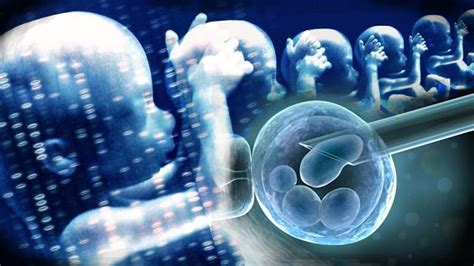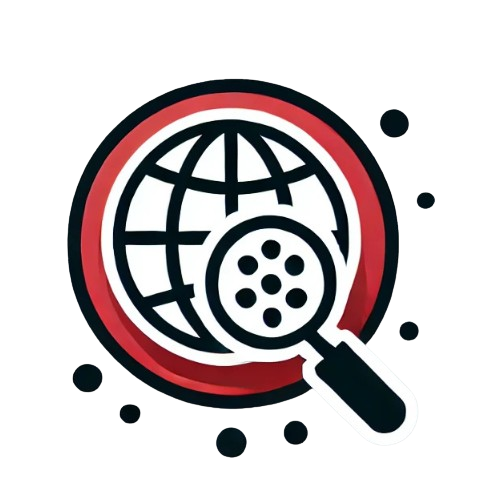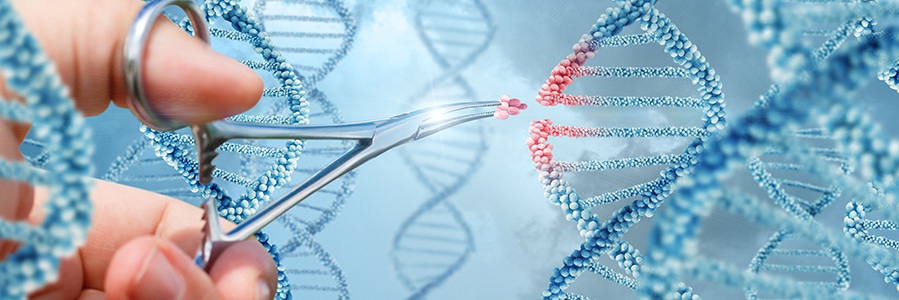Human gene editing has developed as one of the most revolutionary scientific advancements of or time. With the help of technologies like CRISPR-Cas9, scientists have the ability to alter DNA with more precision. This capability opened up a world of possibilities, from curing genetic disorders to enhancing human traits. However, as we are standing on the verge of this new era, we must grapple with profound ethical and moral questions. Is gene editing a miraculous tool that can transform humanity for the better, or does it pose a moral dilemma that could lead to unforeseen consequences? In this blog post, we will delve into the science behind gene editing, explore its potential benefits and examine the ethical challenges it presents.
Table of Contents
Join us as we navigate the complex landscape of human gene editing and consider whether it is truly a miracle or a moral dilemma.
What Is Human Gene Editing?
Gene editing is a powerful technology that allows scientists to make precise changes to the DNA of living organisms. The process involves using specialized tools to add, alter or remove a genetic material at a specific location in the genome. The technologies used for this purpose are:
- CRISPR-Cas9: One of the most well-known and wisely used gene-editing technology. It acts like a molecular scissors, cutting DNA at a specific spot so that scientists can add or remove genetic material. This process is used for its simplicity, speed and accuracy.
- TALENs and ZFNs: This gene editing tool was used before CRISPR-Cas9 became popular. These technologies also allow for precise DNA modifications but are generally more complex and less efficient than CRISPR.
Applications of Human Gene Editing
- Medical Research: Gene editing is used to study diseases by creating animal models with specific genetic mutations. This helps researchers understand the role of certain genes in health and disease.
- Gene Therapy: Scientists are developing gene therapies to treat genetic disorders like cystic fibrosis, sickle cell anemia, and certain types of cancer. These therapies involve editing the genes in a patient’s cells to correct genetic defects.
- Agriculture: Gene editing is used to create crops that are more resistant to pests, diseases, and environmental stresses. This can lead to higher yields and more sustainable farming practices.
Ethical Concerns Related to Human Gene Editing
Human gene editing, while promising significant advancements in medicine and biotechnology, raises several ethical concerns that need careful consideration:

1. Safety and Unintended Consequences
One of the primary concerns is the possibility of off-target effects, where unintended parts of the genome are edited. This can lead to harmful mutations and unforeseen health issues. Another issue can occur when some cells carry the genetic edit while others do not. This is called Mosaicism. It leads to inconsistencies within the organism.
2. Informed Consent
Editing in the germline will affect future generations who cannot consent to these modifications. This raises questions about the rights of individuals who are yet to be born.
3. Justice and Equity
There is a risk that gene editing technologies could promote social inequalities. If only the wealthy can afford genetic changes. It could lead to a society divided by genetic haves and heav-nots. The potential for genetic discrimination is another concern. Individuals with certain genetic traits might face prejudice or be deemed less desirable.
4. Ethical Boundaries and Slippery Slope
The use of gene editing is more acceptable in curing diseases. However, the line between therapy and enhancement can be blurry. Enhancements such as increasing intelligence or physical abilities, raise significant ethical concerns. There is a fear that people start using human gene editing for therapeutic purposes, but slip to enhancement purposes, which many view as controversial.
5. Societal and Cultural Impacts
The society and culture accept gene editing with different opinions. Continuous public deliberation and debate are essential to navigate these ethical concerns. Varying views on the acceptability of gene editing can complicate the establishment of universal ethical guidelines.
6. Regulatory Challenges
The regulatory landscape for gene editing is complex and varies by country. International cooperation is crucial to harmonize regulations and ensure ethical practices. Research on the germline cells is heavily restricted is some countries dur to safety concerns.
These ethical concerns highlight the need for a cautious and well-regulated approach to human gene editing. It is essential to balance the potential benefits with the moral and societal implications to ensure that this powerful technology is used responsibly.
Pros Of Human Gene Editing:
Human gene editing is a powerful technology with various pros and cons. Here are some mentioned:
1.Tackling and Defeating Diseases
Gene editing can potentially cure genetic disorders like cystic fibrosis, sickle cell anemia and Huntington’s disease by correcting faulty genes. CRISPR technology is being explored to develop new cancer therapies, such ad modifying T-cells to target and destroy cancers cells. Gene editing can be used to develop resistance to infectious diseases, potentially eradicating conditions like HIV.
2. Extending Lifespan
Gene editing can significantly extend lifespan by addressing the genetic causes of aging and age-related diseases. It can improve the quality of life in old ages. The development of new drugs is accelerated by gene editing. It helps researchers to create precise models of human diseases. In this way medical treatments can be tailor made to an individual’s genetic makeup. Thus, leading to a more effective and targeted therapies.
Similarly, gene editing can enhance life span of crops by creating the crops that are more resistant to pests, diseases, and environmental stresses. Overall increasing the yield and more sustainable agriculture.
Cons Of Human Gene Editing
- Ethical Dilemmas
The possibility of creating “designer babies” with selected traits in embryos raises ethical and moral concerns. As future generations cannot consent to the genetic changes made.
- Safety Concerns
There is a possibility of unintended genetic changes, which could lead to new health problems and genetic disorders. Also, mosaicism is a major disadvantage of gene editing that leads to inconsistencies within organisms.
- Social and Economic Inequality
Gene editing technologies may only be accessible to the wealthy individuals, which can lead to social and economic inequalities. Also, there will be a risk of discrimination based on genetic traits that can result in new forms of prejudice.
Human gene editing holds immense promise, but it requires careful consideration of the ethical, safety and societal implications. Balancing the potential benefits with the risks is crucial to ensure that this technology is used responsibly.


IugOsY nGbg vAFTBcb zRkJzAQ jzRlhh jOrV
The advancements in human gene editing are truly remarkable, offering the potential to cure diseases and improve lives. However, the ethical implications cannot be overlooked, particularly concerning consent for future generations. The risk of social inequality arising from unequal access to these technologies is a serious concern. We must carefully weigh the benefits against the ethical dilemmas. How can we ensure that gene editing is used responsibly and equitably for the betterment of all?
Gene editing is indeed a groundbreaking advancement with immense potential to transform medicine. The precision of technologies like CRISPR-Cas9 offers hope for curing diseases and improving lives. However, ethical concerns such as off-target effects and societal inequalities cannot be overlooked. Should we proceed with these modifications without fully understanding the long-term consequences? How do we ensure equitable access to such powerful technology?